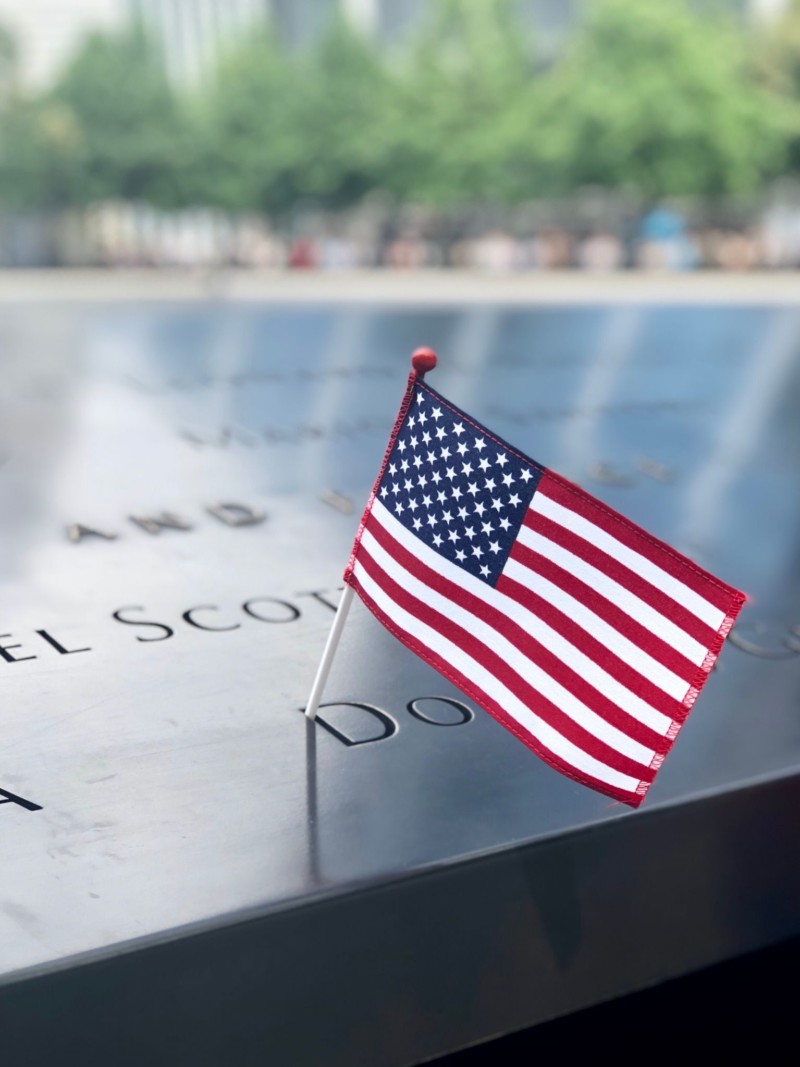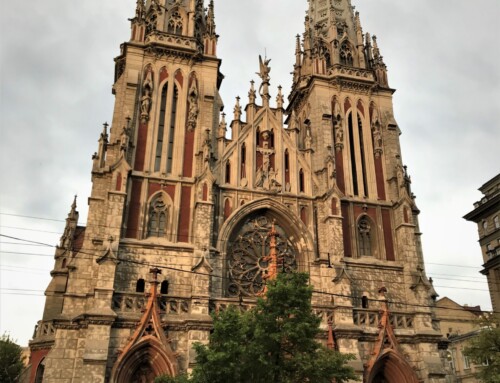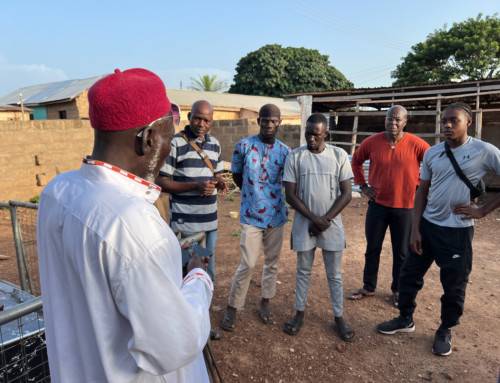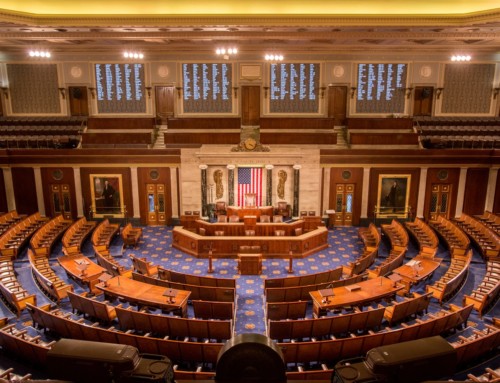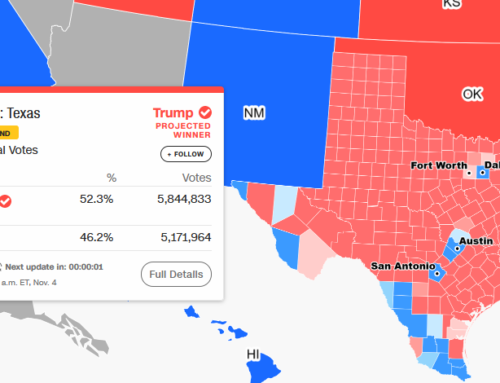Jonathan’s Story
We all remember where we were that day. Jonathan Taylor was on his way to work when he got the first indication that something was wrong. His boss had called to ask if his sister, who had attended university in New York City, was okay- a strange inquiry to start the morning. Luckily, however, Jonathan’s sister was just fine. She had graduated that last year and was out of town. “Ok, good. Just get here as soon as you can.”
Somewhat confused, Jonathan resumed the morning transit on his new ride, a used motorcycle he had gotten at a great price. With no radio, however, he had yet to hear the dire news. You can imagine the shock he felt as he walked through the office doors just in time to see the second plane tearing through the World Trade Center. America was a nation under threat.
The full horrors of 9/11 may never be truly realized, but its vast scope was immediately apparent, as many lives were lost and even more forever changed. It was just a day after the attack that Jonathan learned of his own loss. A treasured coworker and friend had been on the pentagon plane and sadly lost her life. She was an inspiring and impressive woman.
The discourse in the office over the next month was both aggressive and uneasy. Several voices could be heard saying how they would get back at the Taliban, and how “we were going to get them.” But that “we” wasn’t in reference to themselves. Their version of “we” was the brave men and women who would be risking their lives overseas on their behalf. Jonathan heard this and knew he couldn’t sit idly by any longer. He answered the call of duty.
Jonathan enlisted in the army and served two tours in Afghanistan over the course of nine years, in which he acted as both combat medic and military advisor. He joined the patriotic “we” that was dutied to serve the nation and protect lives.
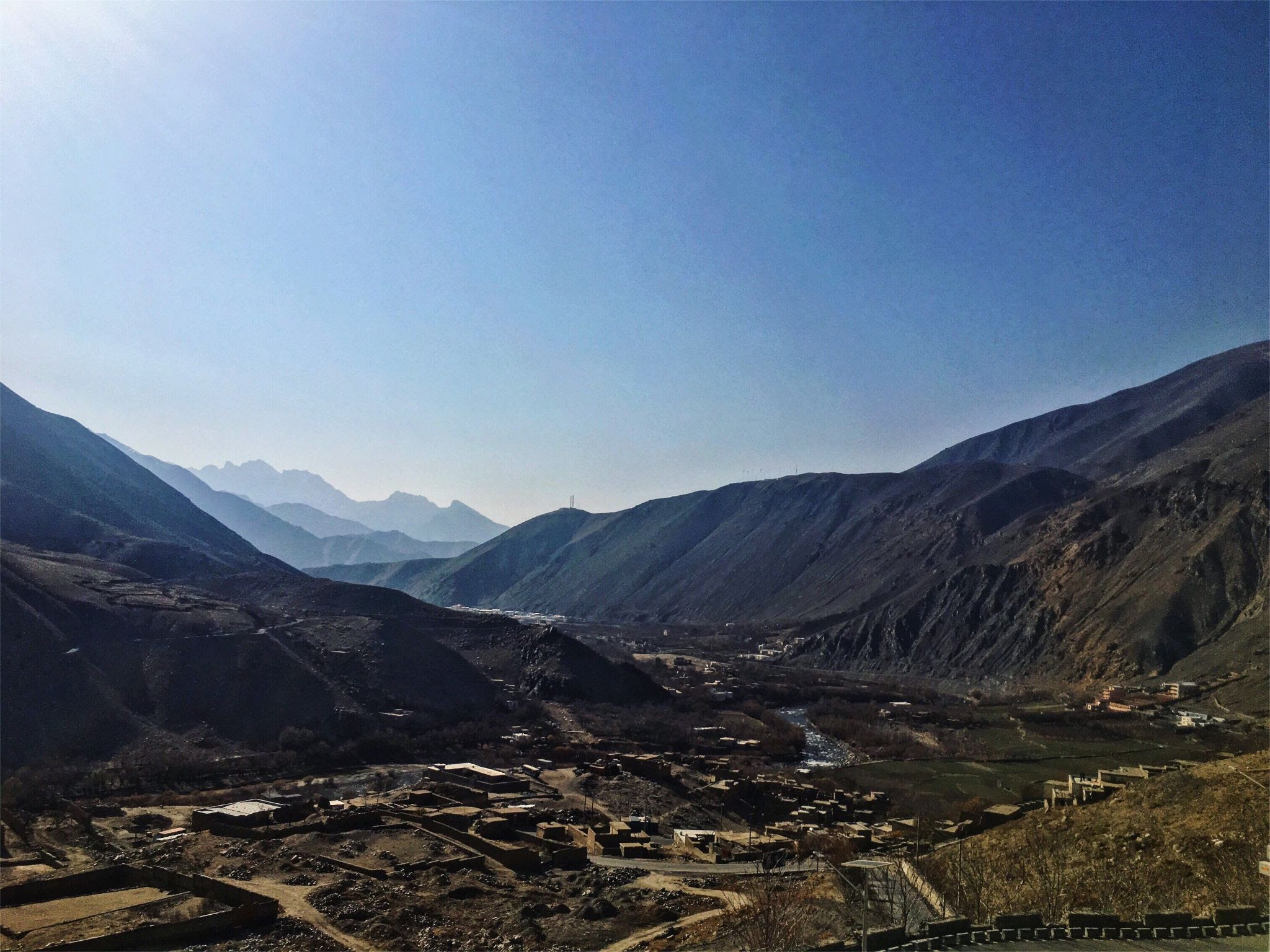
Panjshir Province in Afghanistan
Robert’s Story
On the morning of 9/11, I had just dropped off my sons at school and was continuing to work when I heard news on the radio of the first plane hitting the World Trade Center. I had a book of famous news photos and my first thought was of the B-25 bomber which struck the Empire State Building in 1945 due to heavy fog. A few minutes later, during the top of the hour news, I heard news of the second plane hitting the other tower. America was being attacked.
As a Lieutenant Commander in the Navy Reserve, my first thought was my unit’s readiness to be called to duty. When the third plane struck the Pentagon, my thoughts turned to my shipmates working in the office I had worked in while on active duty.
Every sailor I knew wanted to help. Some of us were called to duty in the days and weeks immediately following the attacks; for most of us, our time would come a few years later. By 2004, the war in Afghanistan grew into a war to Iraq, detention operations in Guantanamo Bay, Cuba, and counter-terror operations on the Horn of Africa and in the Philippines. The Army, augmented by the Army Reserve and the Army National Guard, was spread thin and the Navy began sending sailors to jobs where your specialty was more important than your branch of service, such as medical, intelligence, logistics, and my specialty, public affairs. The Navy began sending people to help fill these roles. Officially, we were Individual Augmentees, or IAs. Unofficially, we were “Dirt Sailors” who found themselves in the “Narmy.”
Our public affairs specialists – Public Affairs Officers and enlisted Mass Communication Specialists, were in high demand in all theaters. I mobilized to active duty twice to serve as the director of public affairs at Joint Task Force Guantanamo, for 13 months in 2006-7 and 18 months in 2012-13. In my first tour there, the “9/11 Five” – the men accused of being the principal planners of 9/11, led Khalid Sheikh Mohammed — and other high-value detainees arrived. During my second tour, they were arraigned and the military commissions – sometimes called the war crimes trials – began. The trials continue today.
It was a challenge and an honor to represent the much maligned and misunderstood operation in Guantanamo. I welcomed the press and worked to make our operation as transparent as possible. We hosted hundreds of media visitors who were able to visit, photograph, and report on our detention operations, as well as covering the military commissions.
Before, between and after my deployments, I continued to serve as a reserve officer. In 2016 I was selected for promotion to Rear Admiral, lower half (one star), and served as the Vice Chief of Information, the leader of our Reserve public affairs sailors.
I remain awestruck by the devotion of my shipmates, all of whom joined, re-enlisted, or otherwise elected to continue after 9/11. On September 14, 2001, President Bush signed a Declaration of National Emergency which authorized the mobilization of Guard and Reserve forces, which has been revised annually since by four Presidents. Unlike Vietnam, where the Guard and Reserve were not deployed, every Reserve public affairs sailor knew that mobilization was a question of if, not when, we would be called to serve. When I became a flag officer in 2016, the public affairs office at the Army-led headquarters in Afghanistan was staffed almost entirely with Navy Reserve public affairs personnel.
The attack on 9/11 is as fresh in my memory as if it happened yesterday. On the 20th anniversary, with the recent withdrawal of forces, I choose to focus on the good things. I’m thankful for the selfless service of my shipmates and my brothers and sisters I’ve served alongside from every branch and component of the armed forces. I’m thankful for the invaluable support of our nation, our neighbors, and, for us in the Guard and Reserve, our civilian employers who kept our jobs waiting for our return. I’m especially grateful for the support of our families – for me, my wife who cared for our three children during my frequent and sometimes long absences. My children did their part, too. Their service made my service possible.
On August 30, when US Army Major General Chris Donahue, commander of the 82nd Airborne Division, boarded the last plane out of Kabul, he was the last soldier to leave Afghanistan. He was accompanied by his PAO, a Navy Reserve public affairs officer, one of the remarkable men and women I had the privilege of serving with during my 35 years in uniform. We were ready, we answered the call to serve, and we did our part to the very end.
I am grateful for having the opportunity to be of service to this great nation and our people.
